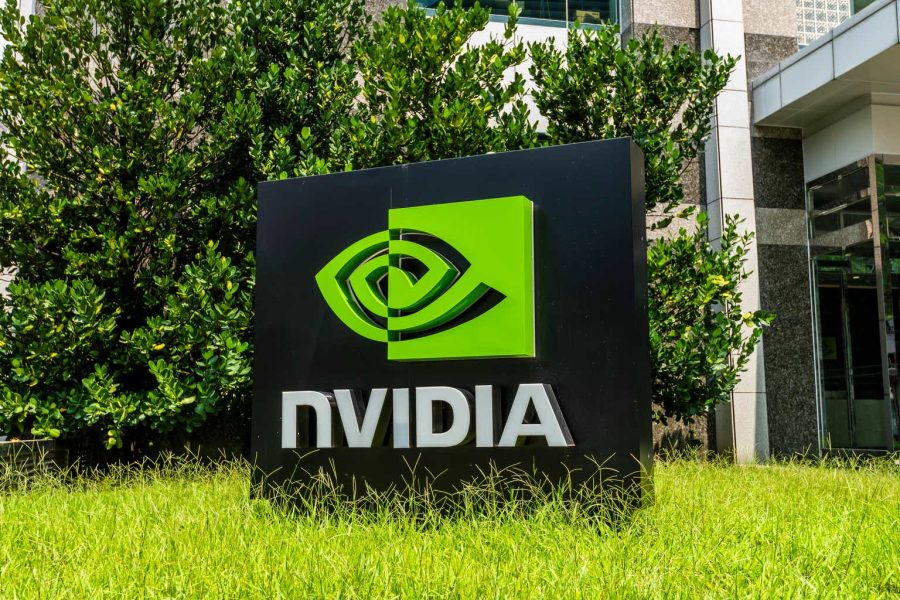July 14, 2024 This Week Top S&P 500 Gainers & Losers
Tesla: Time To Take Profits
Microsoft: The Q4 Results Should Surprise You
Tesla: Optimus And FSD Probably Won’t Save The Day
April 23, 2024 Maximizing Profits: When is the Right Time to Sell Your Business?
April 12, 2024 Improve Your Financial Status: A How-To Guide
April 12, 2024 How ZIM Integrated Container Tracking is Revolutionizing Global Trade
March 15, 2024 6 Best Growth Stocks To Buy Now According to Metatrader 5
Wall Street Banks Report Q3 Earnings Amid Elevated Interest Rates
October 13, 2023
A Brief on Q3 Earnings for Wall Street Banks
Today marked the revelation of Q3 earnings for three significant Wall Street banks. These insights offer investors a sense of how the banking sector is navigating high interest rates and dwindling capital market activities. JPMorgan Chase (JPM) and Wells Fargo (WFC) were the pioneers in releasing their reports, with both recording profits for the quarter beating expectations. In addition, results from Citigroup (C) are due today. Not to be left behind, Bank of America (BAC) and Goldman Sachs (GS) plan to reveal their earnings come Tuesday, with Morgan Stanley (MS) adding the final touch to this series on Wednesday.
A Glimpse into Market Expectations and Challenges
The recent industry conference sparked an upswing in optimism towards banks, notes Betsy Graseck of Morgan Stanley. She raises caution that soaring investor expectations for bank earnings may go unmet. Challenges detailed by Graseck include sustained pressure on net interest margins, subsidy inflexibility until at least January, and stagnant loan growth. Likewise, Richard Ramsden from Goldman Sachs underlines three critical factors that investors are keen to discern: “the trajectory of net interest income in 2024, possible implications of the finalization of Basel III, and the potential downsides of credit and reserve increases.”
The Likely Increase in Net Charge-offs
The Q3 earnings reports may reveal increased net charge-offs as a potential flaw. Essentially, these signify sums written off as bad debt expected to rise with delinquencies reaching higher and more typical levels after a year of substantial rate hikes. The four largest U.S. banks (JPMorgan, Citigroup, Wells Fargo, and BofA) collectively anticipate their charge-offs summing up to $5.3B in Q3—the highest since Q2 2020.
Evolving Banking Environment: Commentary and Performance Speculation
Analyst Logan Kane voices his views that purchasing stocks from mega-banks considered ‘too big to fail’ could be a wise move. Simultaneously, he suggests maintaining smaller bank shares while releasing shares of those suffering runs or insolvency speculations. Kane confidently notes that “JPMorgan’s current valuation undervalues its long-term prospects”. Ian Bezek reinforces this faith with high esteem for “Wells Fargo’s potential to surpass many competitors in asset quality.” Yiannis Zourmpanos also remains sanguine about Citigroup due to the bank’s commendable progress towards recovery.














